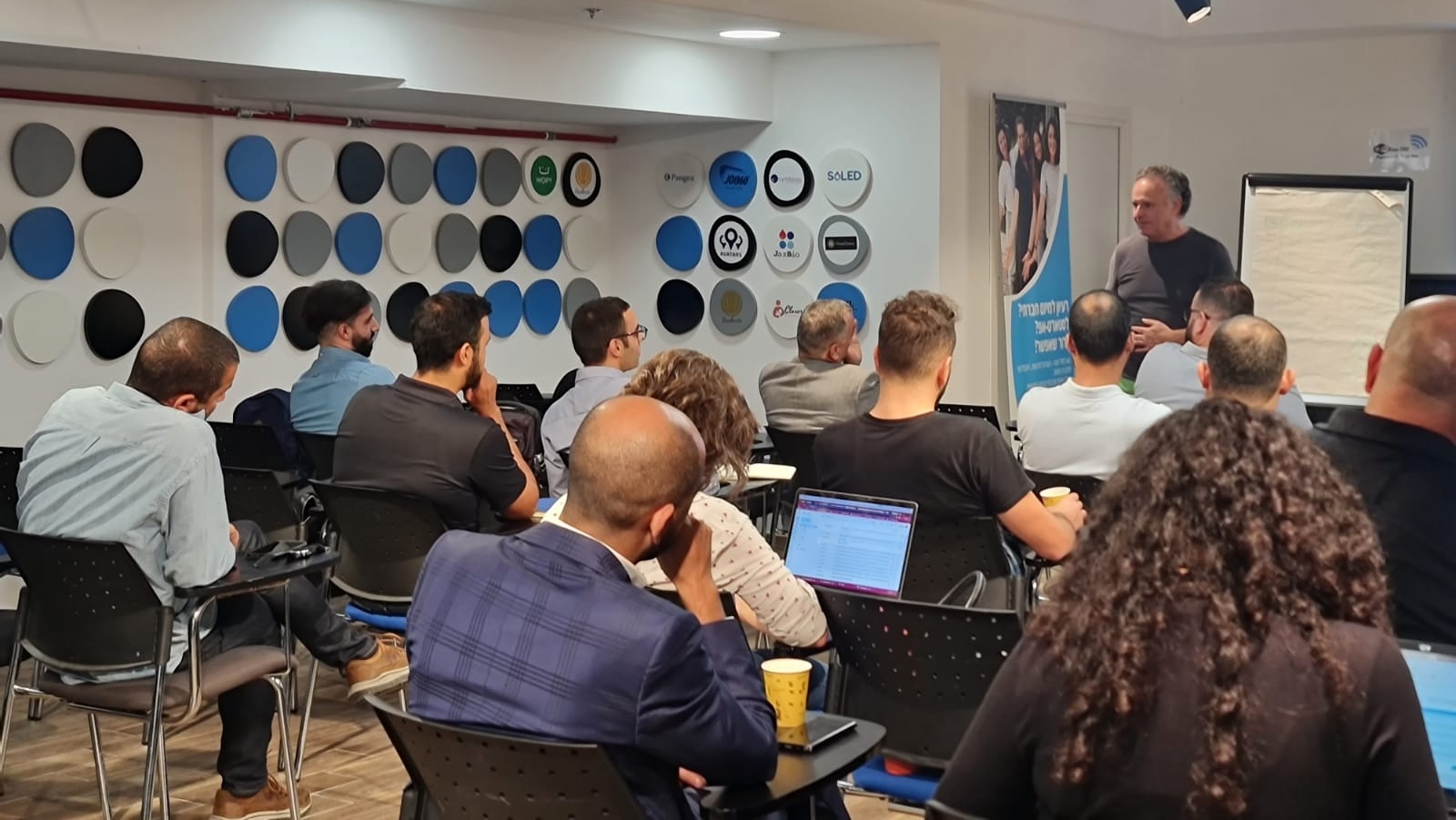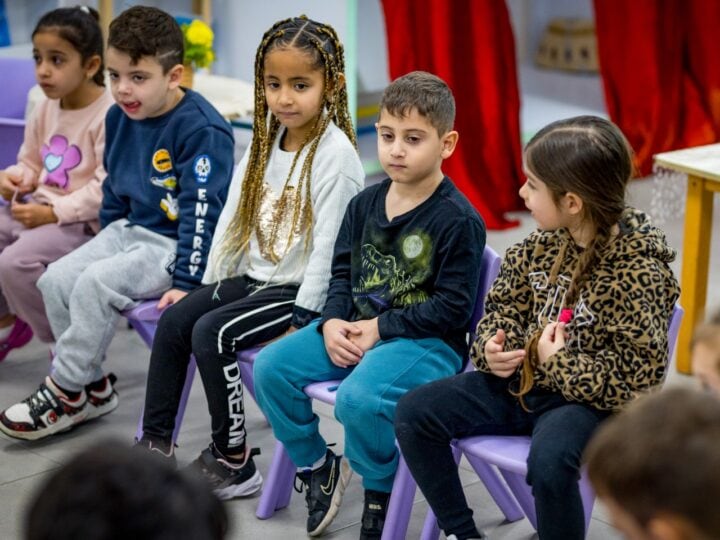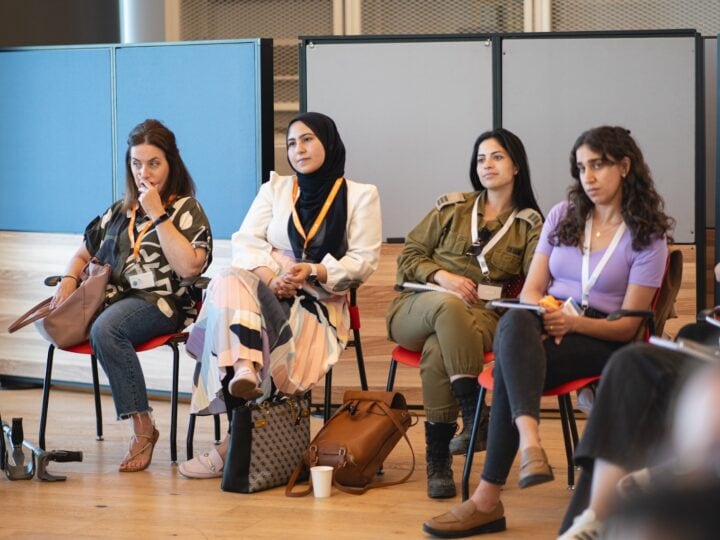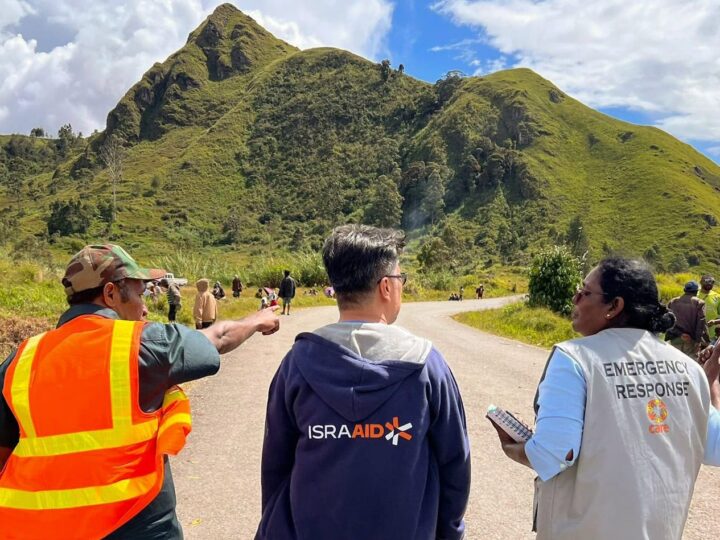The Israel Innovation Authority and the Authority for the Economic Development of Minority Sectors will invest in three innovation centers, two tech accelerators, and an angel investors’ club intended to encourage entrepreneurship and tech careers in the Arab sector.
Dror Bin, CEO of the Israel Innovation Authority, said that while there’s increased integration of the Arab sector in the tech industry, “the number of Arab-led startups remains very low compared to the general population, despite the significant potential.”
The reasons for this, Dror continued, include fewer networking opportunities, physical distance from tech hubs, a lower threshold for risk-taking, and lack of access to mentors and investors.
The six projects aim to build that missing supportive local innovation ecosystem, drawing on the resources of representatives from the tech industry, academia and local partners.
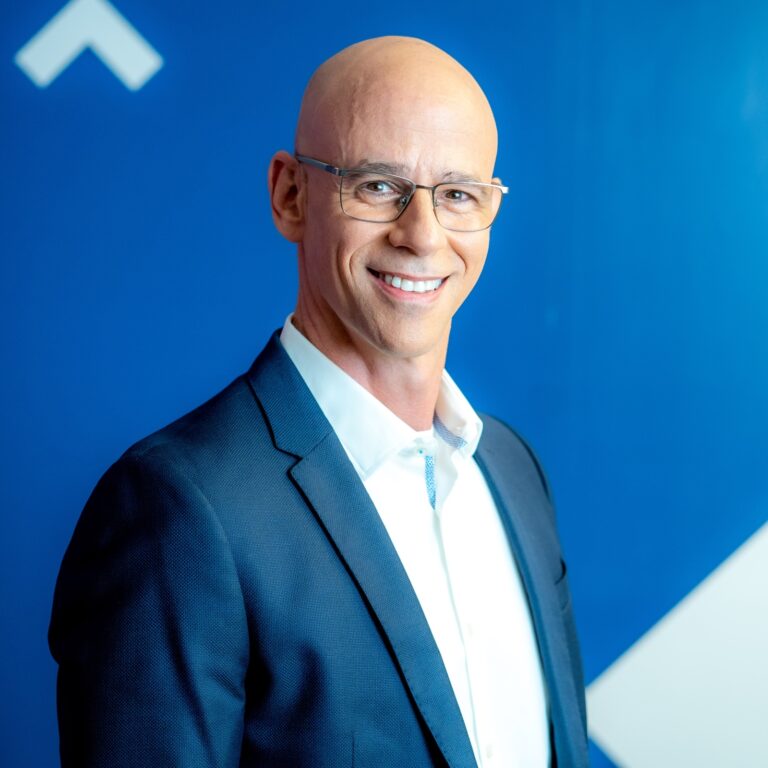
“We believe they have the ability to generate real change, give opportunities to young Arab men and women to realize their entrepreneurial potential and enable an expansion of the number of startup companies seeded in the Arab sector every year, as part of our commitment to supporting and diversifying the Israeli tech industry as a whole,” Bin said.
Hassan Towafra, director of the Authority for Economic Development of Minority Sectors, called the projects “extremely good news for Arab entrepreneurs, as they will soon provide a home for advancing innovative ideas. I am sure that by the end of the five-year period, we will see a significant increase in startups within Arab society, benefitting the Arab economy and society as a whole.”
Ami Appelbaum, the IIA’s chief scientist and chairman, said integrating the Arab sector in the innovation industry is a matter of national interest, given the “ongoing shortfall of high-quality human capital and the hidden potential within Arab society.”
The projects include:
1. The North-Med Innovation Center to be opened in the Sakhnin Valley by a partnership of Portland Trust, MEDX Xelerator, Alpha Omega (an Arab-owned medical technology company), Galilee Clinical Bio Research and five hospitals in northern Israel.
The center will promote medical equipment ventures, digital health and artificial intelligence for the medical, food-tech and food supplement industries. The center will also establish a tech and biotech employment center for the Arab sector in northern Israel.
2. The Hasoub Labs Center for the integration of entrepreneurial tools and practices and practical professional training, in partnership with Hasoub (an NGO supporting innovation and tech in the Arab sector), Appleseeds, MassChallenge Israel, Gamma Mu Holdings and Investments of the Afifi Group and Vintage Investment Partners.
The center will be set up in Ar’ara, in Israel’s “Triangle” region of six large Arab cities and 23 smaller villages and towns encompassing 300,000 residents. The center will offer support from the first ideas stage through professional and personal support from experienced mentors and advisors to develop the R&D and business and marketing aspects.
3. Kfar-Qasem Park-High-Tech Center to advance medical and paramedical entrepreneurship in Kfar Qasem and other Arab local councils in the area, a partnership with the ARC Innovation Center at Sheba Medical Center supported by Triventures Fund, Basecamp, MindCET Center for Educational Technology, Tsofen, Talenteam Recruitment Agency, and the JTLV Fund.
4. Hasoub Angels’ Club, to be established by Hasoub with six leading Jewish and Arab Israeli tech venture capitalists (Yoram Yaacovi, Walid Afifi, Forsan Hussein, Guy Horowitz, Ron Moskowitz, Yahal Zilka).
The club will expose its members to investment opportunities in Arab-led tech ventures and seek to generate a stable base of investors including new investors from the Arab sector. The goal is to carry out three investments in Arab-led companies in its first year, four in its second year, and six by its third year.
5. The Galilee Society ScienTech accelerator in Shfar’am, supporting entrepreneurs and setting up and accelerating ventures in the pre-seed and seed stages in the life sciences, bioconvergence, agritech, foodtech, circular economy and climate tech industries.
The partners in this accelerator include the ARC Innovation Center, Mori Arkin Holdings, AgRobics, Antaki Center for Herbal Medicine, New Generation Technologies and others.
6. The TAU accelerator, bringing together Arab and Jewish entrepreneurs with the support of the Tel Aviv University Entrepreneurship Center. The founders previously established and ran StartOno and jumpTAU accelerators.
Suitable graduates of the program will be offered the chance to fly to the United States for an entrepreneurship seminar run by the Merage Foundation.




